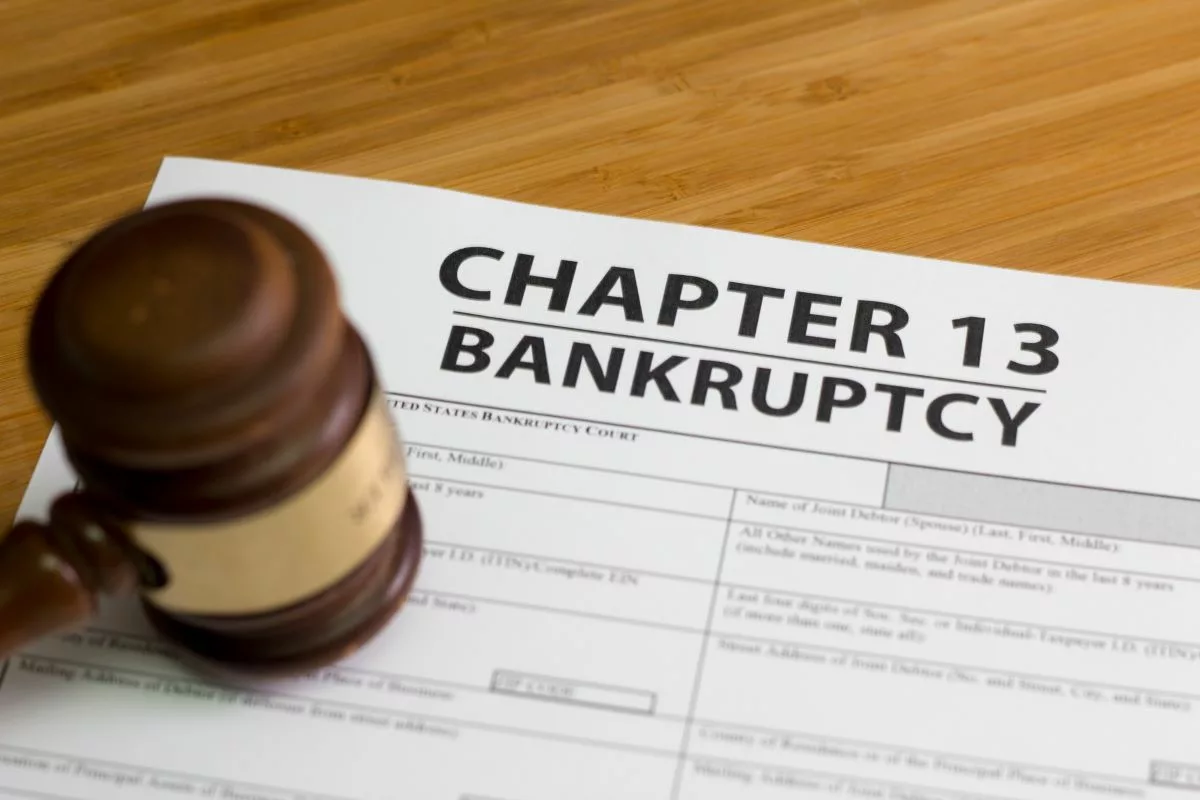More than 67 million Americans aged 65 or older receive Medicare coverage, along with millions of adults over 65. Regardless of age, any Medicare or Social Security beneficiary can pass away at any time. Though it can be emotional when this happens, it’s crucial to report their death to the appropriate authorities promptly. Here’s how to report the death of a Social Security or Medicare beneficiary and why it’s important.

- Why Should You Report the Death of a Medicare or Social Security Beneficiary?
- How To Report the Death of SSI Beneficiaries
- What Is the Average Processing Time?
- What If the Deceased Was Receiving SSI Benefits?
- How To Return Overpaid Benefits
- What Are the Benefits for Surviving Family Members?
- Make a Medicare and SSA Death Notice Legally
Why Should You Report the Death of a Medicare or Social Security Beneficiary?
Reporting the death of a family member receiving Medicare or Social Security benefits is mandated by law and crucial to helping the affected government agencies maintain proper documentation of their beneficiaries.
It can also prevent identity theft and other fraudulent activities from malicious actors who are aware of their demise. If Medicare or Social Security benefits are being received after their death, it may lead to legal trouble for your family, especially criminal and fraud charges.
Beyond that, doing so will stop the deceased’s government payments and benefits. For instance, not reporting your loved one’s death or stopping social security payments after death can lead to benefit overpayments, which you’ll need to return. It may also prevent the distribution of their due benefits to family members.
Proper reporting can also help the surviving family get a lump sum in death benefit payment.
How To Report the Death of SSI Beneficiaries
The Social Security Administration (SSA) is the agency in charge of documenting the death reports of Medicare and Social Security recipients. So, in the eventuality of such an event, you must report a death to Social Security.
The SSA recommends that you report any development no later than 10 days after the end of the month of death. If the report is delayed for any reason and the beneficiary gets paid, you must return all the compounded benefits.
Usually, the easiest way to report a death to Social Security is through a funeral home. The funeral director can report on your behalf by submitting a Statement of Death form.
With this method, you only need to provide the funeral home with the deceased’s Social Security Number (SSN) and they’ll pick it up from there.
If you prefer a direct report, you can also inform the SSA yourself by providing their SSN and date of birth. Other supporting documents include:
- The deceased’s death certificate
- Your valid means of identification
However, it’s important to note that reporting the death of a Social Security or Medicare beneficiary online is not acceptable. Instead, you must report to a Social Security office near you or call the SSA main office at 1-800-772-1213 or TTY 18003250778 if you have hearing deficiencies.
If the person who died was a US citizen residing outside the country, contact a Federal Benefits Unit or report to the closest US embassy or consulate.
What Is the Average Processing Time?
After reporting the death, you should expect the termination of the deceased’s Social Security, Medicare benefits and each program’s premium payments. Usually, the benefits and premium payments stop the month after the death is reported.
Reporting via funeral homes is quicker because they are permitted to report online. So, to ensure the changes are effected promptly, call the Social Security Administration to report a death or other agencies paying the deceased benefits.
What If the Deceased Was Receiving SSI Benefits?
It’s possible that the deceased was receiving both Social Security and Supplemental Security Income (SSI) benefits. In that case, reporting to the SSA will suffice since it handles both programs on behalf of the government.
How To Return Overpaid Benefits
If the deceased’s death wasn’t reported on time and they receive benefits for the month of their death or subsequent ones, the funds must be returned to the SSA. For instance, if the person dies in January, the payment made in December will be their last Social Security payment after death. Any payment received for January – which comes with the February check – must be returned.
If the payment was made by check, do not cash it into their bank account. Instead, contact the SSA and write and mail a refund check to them. More information about returning a check to the SSA is provided here.
If it was a direct bank deposit, notify the agency and your bank of the overpaid amount and ask them to refund the SSA.
Make sure you report and refund on time to prevent future payments and legal consequences.
What Are the Benefits for Surviving Family Members?
As a member of the deceased’s family, various survivor benefits are available to you after the official reporting. These include:
| Benefit Type | Description | Eligibility |
|---|---|---|
| One-off Death Benefit Payment | A single payment of $255. | Available to the deceased’s spouse; if no spouse, to children. |
| Survivor Payments/Benefits | Ongoing benefits for surviving family members, including widows or widowers. | Surviving spouse and children. |
| Maximum Family Amount | Total benefits capped between 150% and 180% of the basic benefit amount. | Applies to the family as a whole. |
The government has special considerations for the death of minors and disabled beneficiaries. These include letting the guardian handle all financial-related issues or grief counselling and support.
However, these survivor benefits come with limits. For instance, you must enter the full retirement age or be older to claim 100% of the benefits. If you remarry before 60 years, you will no longer receive benefits as a spouse.
Make a Medicare and SSA Death Notice Legally
A timely reporting of the death of your loved ones receiving Medicare or Social Security benefits has numerous advantages. It helps set the record straight, protects you from legal trouble, and helps you claim survivor benefits.
If you have questions about how to proceed with notifying the relevant agencies or claiming survivors’ benefits, you can speak to funeral home professionals or contact SSA for help.





